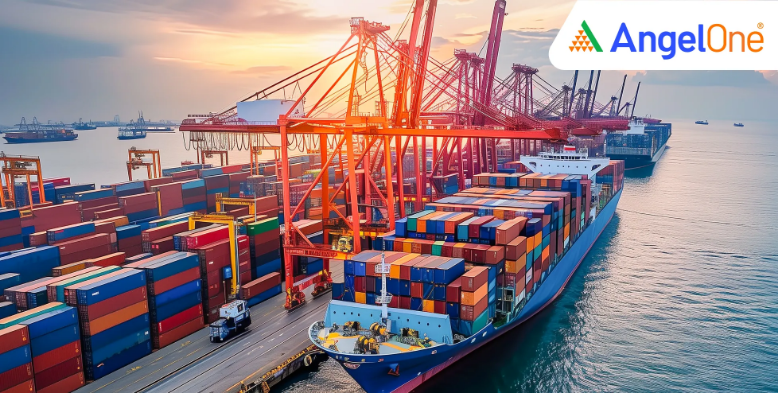
In September 2025, China’s rare earth magnet exports declined by 6.1%, ending 3 consecutive months of growth. The drop aligns with heightened scrutiny on export licensing and precedes government-imposed restrictions targeting defence and semiconductor sectors.
According to data from the General Administration of Customs, China’s rare earth magnet exports fell to 5,774 metric tons in September from August’s 7-month high of 6,146 tons. Despite the month-on-month decrease, this figure marked a 17.5% year-on-year increase from September 2024. The reduction came just before fresh export controls were revealed on October 9, 2025, following China’s National Day week-long holiday.
Since early September, rare earth magnet producers in China have faced intensified scrutiny over export licensing, resulting in delays and restricted volumes. Further restrictions were announced targeting exports connected to the military and microchip industries, coinciding with trade talks between President Xi Jinping and US counterpart Donald Trump. These regulatory shifts reflect China's strategic tightening of its critical resource supply chain.
The top 5 destinations for China's rare earth magnet exports last month were Germany, South Korea, Vietnam, the United States, and Mexico. Previously, similar export controls introduced in April triggered significant declines in April and May shipments, which disrupted global automotive production due to magnet shortages.
Export volumes had begun to recover from June to August after trade negotiations with the European Union and the United States helped ease earlier constraints.
Read More: Government to Launch National Critical Mineral Stockpile to Secure Rare Earth Supply!
From January to September 2025, China exported 39,817 tons of rare earth magnets. This represents a 7.5% decline compared to the corresponding period in 2024, underscoring the broader effect of China's increasingly strict export governance.
The 6.1% fall in China's rare earth magnet exports in September highlights its strategic move towards tighter control over critical materials, especially those impacting defence and chip industries. This shift, coupled with ongoing global trade tensions, continues to affect supply chains worldwide.
Disclaimer: This blog has been written exclusively for educational purposes. The securities or companies mentioned are only examples and not recommendations. This does not constitute a personal recommendation or investment advice. It does not aim to influence any individual or entity to make investment decisions. Recipients should conduct their own research and assessments to form an independent opinion about investment decisions.
Investments in securities are subject to market risks. Read all related documents carefully before investing.
Published on: Oct 20, 2025, 11:38 AM IST

Team Angel One
We're Live on WhatsApp! Join our channel for market insights & updates
